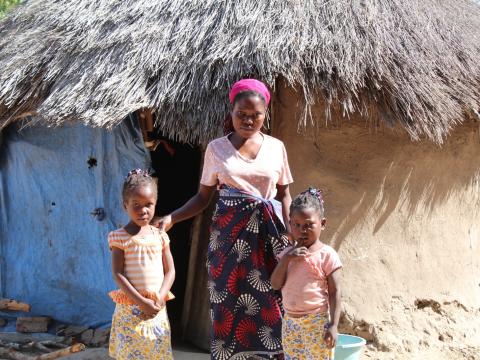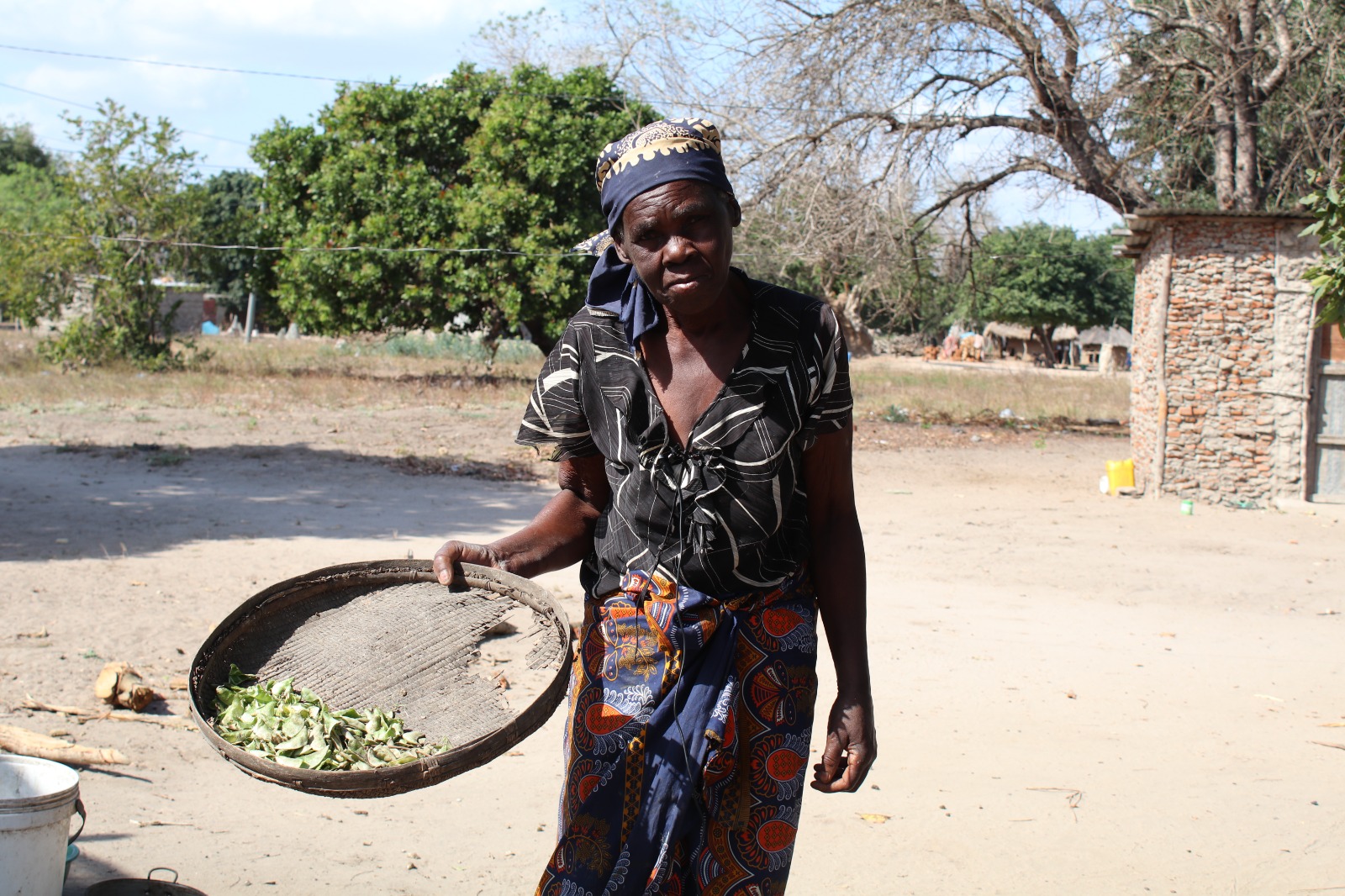El Niño Impact: Acute Food Insecurity Affects 2.2 million People in Mozambique

Acute food insecurity is affecting more than 2.2 million people in Mozambique, with 510,000 of them requiring urgent emergency assistance due to the El Niño phenomenon says the Technical Secretariat for Food Security and Nutrition (SETSAN). SETSAN is a governmental body that provides technical oversight to multi-sectoral nutrition coordination at the national and sub-national levels in Mozambique.
The El Niño phenomenon has placed Mozambique under the Orange Alert, (a state of emergency that creates legal conditions for the activation of emergency operational centers at national and district level, the mobilisation of material, human and financial resources, and the intensification of public awareness to withdraw from areas at risk of natural disasters) which the government declared in February in response to excessive rainfall in the central and droughts in the south.
World Vision anticipated the impact of the El Niño phenomenon, particularly among children and their families, and launched a Southern Africa Response. In Mozambique, World Vision visited several families in the central and southern regions of the country, where it found families reporting empty barns, dried fields, and heads of households uncertain about how many meals the family would have in a day.
One of them is Ancha Chiangule, a 25-year-old mother of two daughters. For the young mother, the days are becoming increasingly demanding: "It's almost impossible to think about having two meals daily," said Ancha.
The El Niño phenomenon exacerbates the situation for groups of women, children, older people, and people with disabilities, exposing them to additional stress. This has been confirmed by local government entities such as the District Services for Health, Women, and Social Action in the Guija district of Gaza province.
The other testimony comes from 71-year-old Lora Cossa, who lives with her husband, both of whom have disabilities. "Grandma Lora," as she is called in the community, relies entirely on farming for her livelihood. However, in recent years, this activity has become unprofitable due to the drought.

World Vision Mozambique Early Response
World Vision Mozambique has utilised the Livelihood component to specifically address the drought situation through more sustainable and productive agricultural practices. It has also reached children through the school meal programme within the Educating Children Together (ECT3) project to strengthen student retention, reduce the risk of increased school drop-out rates, and mitigate hunger.
Response Plan and Appeal
For World Vision Mozambique, the current priority sectors for the response include Food Security, Livelihood, Sanitation, and Hygiene (WASH), Protection, Education, Health and Nutrition. The organization is currently engaging donors, governments, and partners to mobilise resources and strengthen coordination and response mechanisms.
World Vision Mozambique response plan requires US$5 million, as it targets more than 90,000 affected people in the country as part of its initial response.